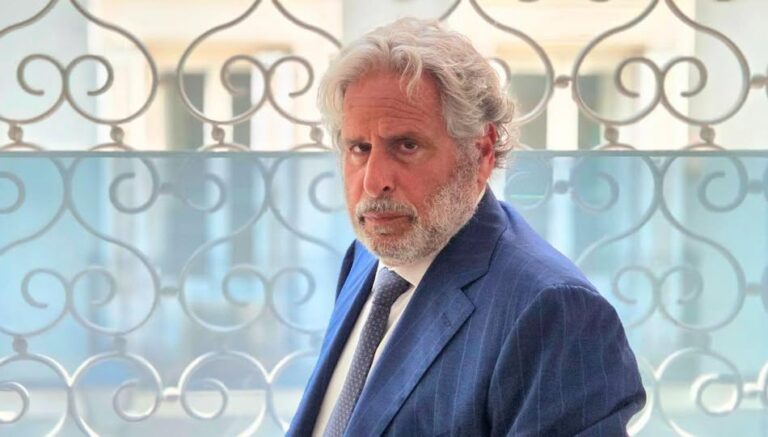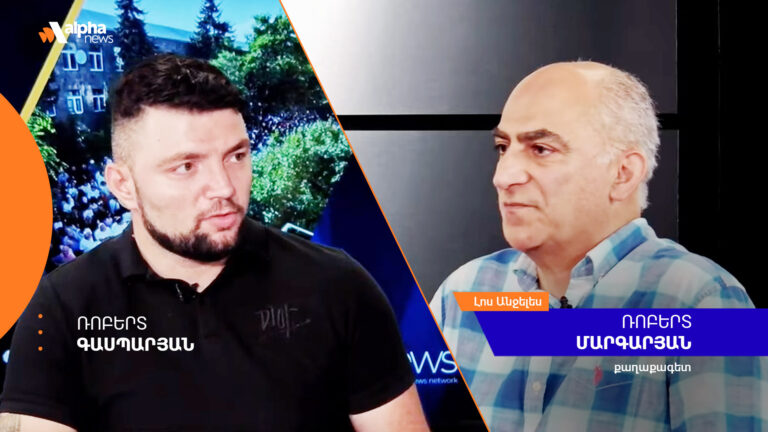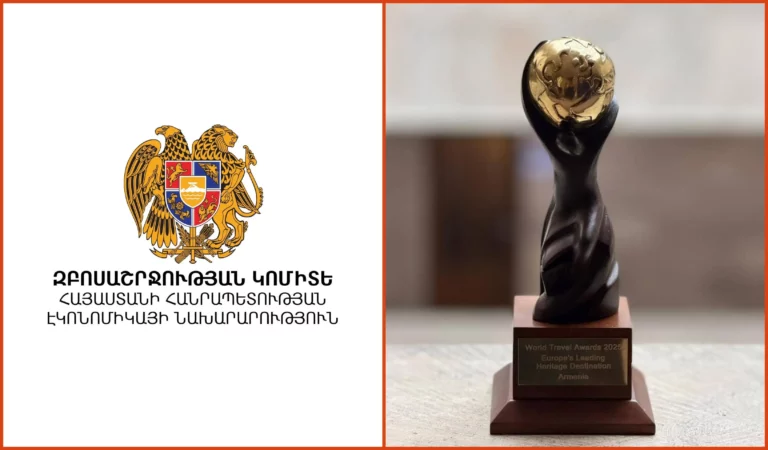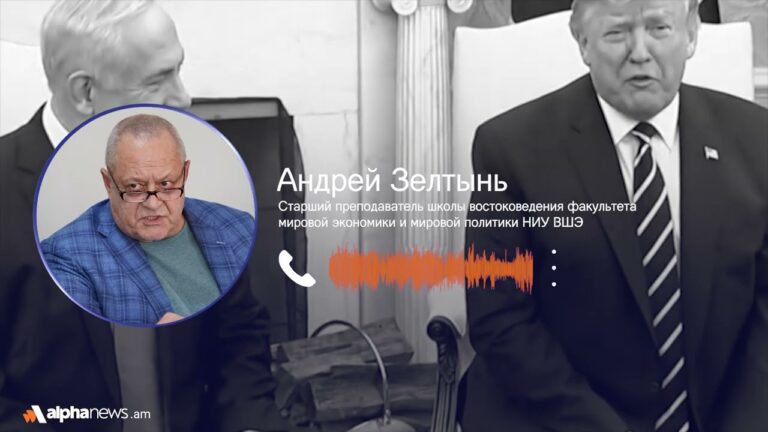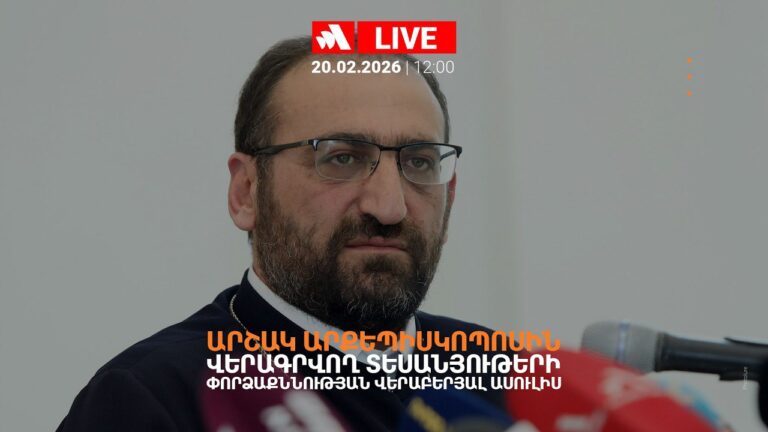Vladimir Shapovalov: Pashinyan is trying to shift his own mistakes onto Russia
Speaking with Alpha News, Russian political scientist Vladimir Shapovalov commented on the accusations of Prime Minister of Armenia Nikol Pashinyan against Russia.
According to the expert, Pashinyan is a very skilled and hypocritical politician who is trying to pass off wishful thinking as reality.
“Amid the Armenian public’s significant claims against Pashinyan, he is trying to shift his own mistakes and failures regarding Karabakh onto Russia. In fact, Pashinyan abandoned Karabakh. The Prime Minister of Armenia did not say anything new; this is the same line that he has been adhering to for several months and which does not correspond to reality. It completely falsifies reality,” Shapovalov said.
According to the political scientist, Russia has always fulfilled and is currently fulfilling allied terms in relation to Armenia within the CSTO.
“It was Russia that stopped the bloodshed in 2020 by bringing in its peacekeepers, and this is what saved Karabakh back then. But we see that Pashinyan, with his policy, basically led to the destruction of the Karabakh subjectivity, and now he is trying to pass it off as Russian intrigue.
Behind this, we see not only Pashinyan’s hypocritical behavior but also his active games with the West. Lately, Pashinyan has been actively moving closer to the West, and a number of actions that were taken by the Armenian leadership run counter to the position of Russia’s ally. And, of course, this statement by Pashinyan cannot be considered just a discussion.
This is an openly anti-Russian statement that does not correspond to reality, and it indicates that Pashinyan’s position is largely anti-Russian. And so it was initially, from the moment Nikol Pashinyan came to power as a result of mass protests. Even then, the anti-Russian theme was quite actively used, and at the same time, Pashinyan in every possible way denied the anti-Russian nature of his actions. But one way or another, this theme, this focus, was already noticeable back then,” Shapovalov concluded.

